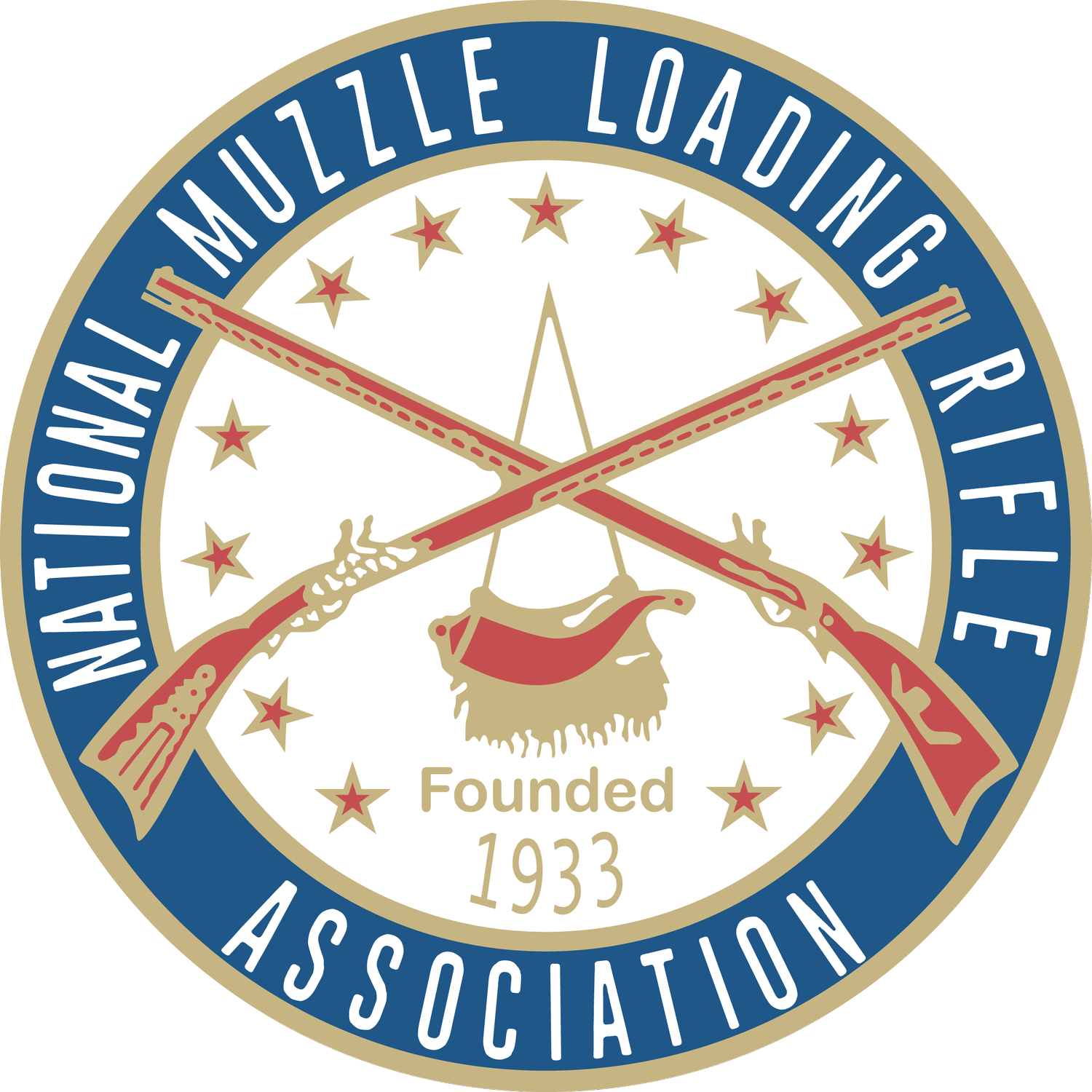Questions and answers from Facebook
“What type of propellant would you use with the CVA electra for things 150 yards and closer?”
Here are some of the most informative comments from the post.
TC B- “The Electra is kinda a bastard child, any of those listed will get you out to 150 yards easily. Regular old black powder is the easiest to ignite. I don’t honestly know heat range the spark of the Electra puts out but if ya wanna burn all the powder I’d go with black powder. That being said t7 is probably easiest to clean and will work just as well out to the 150 yard mark you are shooting for. Even at lower charges “
Jon C - “2f or 3f Goex”
We’ve consulted the CVA Electra Manual to see what it has to say.
PROPELLANTSAll CVA Electra muzzleloaders are capable of handling a “magnum charge” of propellant up to 150 volume equivalent grains of pelletized powder (typically charges of loose powder exceeding 110 grains will not fully burn in the barrel). All muzzleloader shooters are limited in their choices of propellants. Only the following propellants should be considered as being safe for use:
• BLACKPOWDER - Blackpowder is available in several granulations (the average size of each particle of the powder) which are rated as FG, FFG, FFFG, and FFFFG. ONLY FFG POWDER OR ITS EQUIVALENT GRANULATION OF BLACKPOWDER SUBSTITUTE SHOULD BE USED IN YOUR CVA MUZZLELOADING RIFLE. The use of other granulations may result in improper burning or higher than acceptable pressures.
• BLACKPOWDER SUBSTITUTES - Safer and cleaner burning substitutes for blackpowder have been developed and are perfectly suitable for use in your Electra muzzleloader. Some of the brands available at the time of this printing are Hodgdon’s Pyrodex™ and Triple Seven™, American Pioneer Powder™, Goex Pinnacle™, and Black Mag3™. Some of these are available in both granular and pellet form. An important thing to remember is that individual rifles will perform differently with the same propellant and bullet combinations. Each of these blackpowder substitutes have their own unique performance characteristics in the Electra. For example, some propellants that may be the most accurate may also be the most difficult to clean. Others that are very clean burning may be less accurate. Therefore, CVA recommends that you try several propellants to see which one best suits your particular needs. Factors to be considered are the likely distances of the shot, weather conditions, convenience of cleaning, etc.
Please refer to the propellant manufacturer’s written instructions for the specific propellant you are using.
To read more about the CVA Electra, be sure to check out this link from American Hunter for an indepth review of this rifle.
The Electra is built around the ARC Electronic Ignition system. A Z2 metal alloy placed ahead of the trigger guard houses the electronic components. When the trigger is pulled, an electric charge is released from a capacitor and travels to two contact points in the stock that match an extension on the breech plug. The breech plug has two points on its face; electricity arcs across these two points to ignite the propellant charge. It's a simple concept, but it took engineers almost three years to produce a working system.
If you’d like to join in on the conversation, head on over to our NMLRA Facebook Group! The group is open to anyone who is interested in Muzzleloaders and living history as long as they follow the rules.
Find out more about the NMLRA





